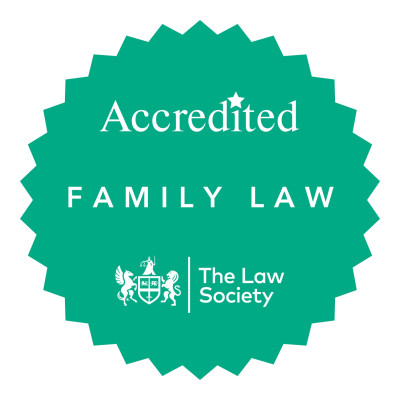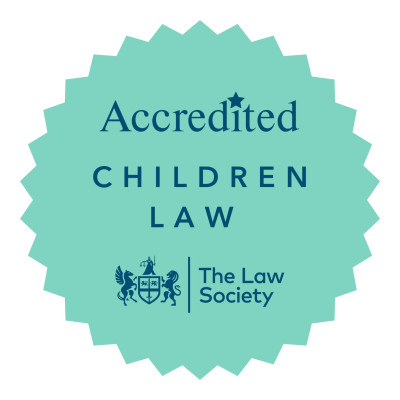CLOSE SEARCH

Violence from a partner is deeply distressing. If you have experienced abuse, or if you are living in fear of an abusive relationship, we can give you expert legal support.
We offer a sensitive service to protect you and help you find the right way forward, including applying for an injunction following verbal abuse, violence or threats of violence or harassment (including through social media).
If there are children involved, the Court will decide in their best interests. This usually means that they will remain at home with the primary carer. If you are looking for advice on child arrangements, our family lawyers can help you with that too.
We can also help you, if you are responding to an injunction being taken out against you.
Domestic violence is against the law. So, the first thing you should do is report it to the police who have the most effective powers to deal with it. If your report does not lead to an arrest, the police may suggest that you take out an injunction against your abusive partner.
Abuse can take many forms. In addition to violence, it can be threats or controlling behaviour. Aside from ensuring you and any children are not in physical danger, there are other implications and legal options which will often include:
Have you reached the stage where you want to permanently split from your partner?
What are your legal rights to remain in the family home and can you force the abusive partner to leave?
If you have children, do you believe it is not in their best interests to have full contact with the abusive parent? If not, what form and amount of contact do you think is appropriate? We advise on parallel parenting where possible.
We can provide you with expert, experienced legal advice on all of the above and any other issues of concern. We also advise clients who are facing allegations and issues that they have been abusive.
An injunction is a court order that specifies particular things that your partner has to do, as well as/or not do. There are two types of injunction:
A non-molestation order says your partner must not use any violence, intimidation or harassment against you. This includes physical violence, but it also covers areas such as online harassment.
If you are still living together, you can get an occupation order. This says that your partner has to move out of your home, usually for six months.
We understand that in cases involving domestic violence, that you need support and guidance immediately. We are able to respond quickly and efficiently to any request for legal advice, assistance and representation.
There are also a variety of charitable organisations who are able to assist you should you need further support. Our team have also provided this helpful article on how to apply for a non-molestation order which you can read here.
To talk to one of our family lawyers in complete confidence, please get in touch with us today.
Same day appointments are available for the most urgent of cases whenever possible. Dependant on your situation, we can often get to Court on the same day of the request.
Please click on the contact us button to get in touch with a member of our team. Click here to read more about the family law services we offer and how we can help you further.


Telephone -
9am to 5pm
Call our team or fill out the form below and we will get back to you as soon as possible.
Telephone opening hours -
9am to 5pm